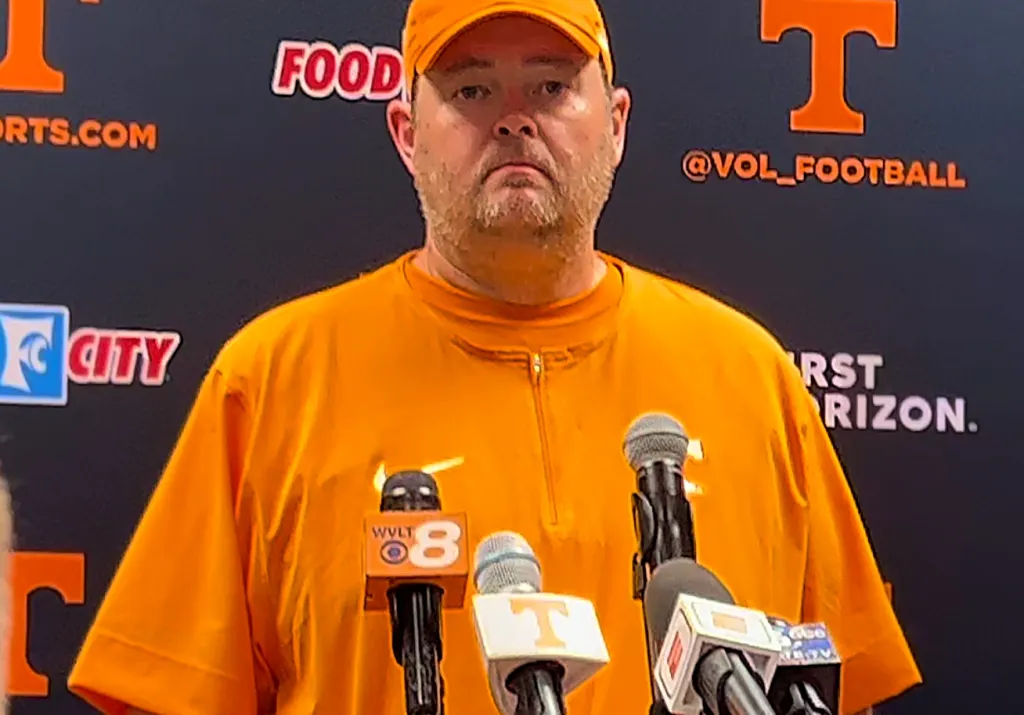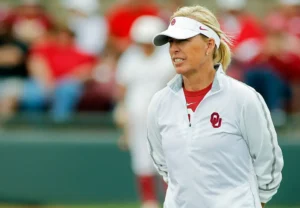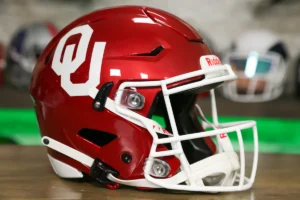
The Tennessee Vols are generating considerable buzz heading into the offseason, largely fueled by their dominant 35-0 victory over the Iowa Hawkeyes in the Citrus Bowl.
Despite Iowa boasting the nation’s fourth-ranked scoring defense for the season, they were overpowered by Tennessee’s formidable offense, despite this being seen as a comparatively underwhelming season for the Vols.
The primary source of anticipation surrounding the Vols’ upcoming season is quarterback Nico Iamaleava. The highly touted former five-star recruit made his inaugural collegiate start in the triumph against Iowa. Although his stats against Iowa—four touchdowns with 151 passing yards—weren’t extraordinary, they showcased enough of his skill set, earning acclaim from national analysts.
With Iamaleava’s performance complementing Tennessee’s talented skill-position lineup, the Vols appear poised to vie for a spot in the inaugural 12-team College Football Playoff set to debut in 2024.
However, a significant concern has surfaced regarding Tennessee’s offensive line, a factor that could either make or break their 2024 campaign. While left tackle John Campbell and center Cooper Mays, along with the expected return of right guard Javontez Spraggins, provide stability, uncertainty looms over right tackle and left guard positions.
Efforts to address these gaps through the transfer portal have yet to yield definitive solutions. The potential addition of LSU transfer offensive tackle Zalance Heard is a hopeful prospect, but competing interest from Oklahoma complicates matters. Missing out on Heard could reset Tennessee’s search for a right tackle.
If unable to secure a portal option, Tennessee might enter the 2024 season with super senior Dayne Davis and rising sophomore Shamurad Umarov as potential right tackle candidates. The left guard position might also require attention, with Texas transfer Andrej Karic, rising sophomores Vysen Lang, and Ayden Bussell in contention, albeit without assured certainty.
With aspirations for a playoff berth, Tennessee needs reliable pieces along the offensive line. Though these players could contribute, the absence of “sure things” among them raises concerns. In an optimal scenario, they offer depth, a crucial aspect given the perpetual need for depth on the offensive line.
The Vols face an urgency to address these concerns before spring practice commences. Entering the summer without a clear starting offensive line could impede their offensive potential, undermining the talent they possess.
While the offensive side displays championship potential, it hinges on Tennessee cultivating an elite offensive line for 2024. Though not yet a time for panic, resolving these issues swiftly remains imperative for the Vols.





